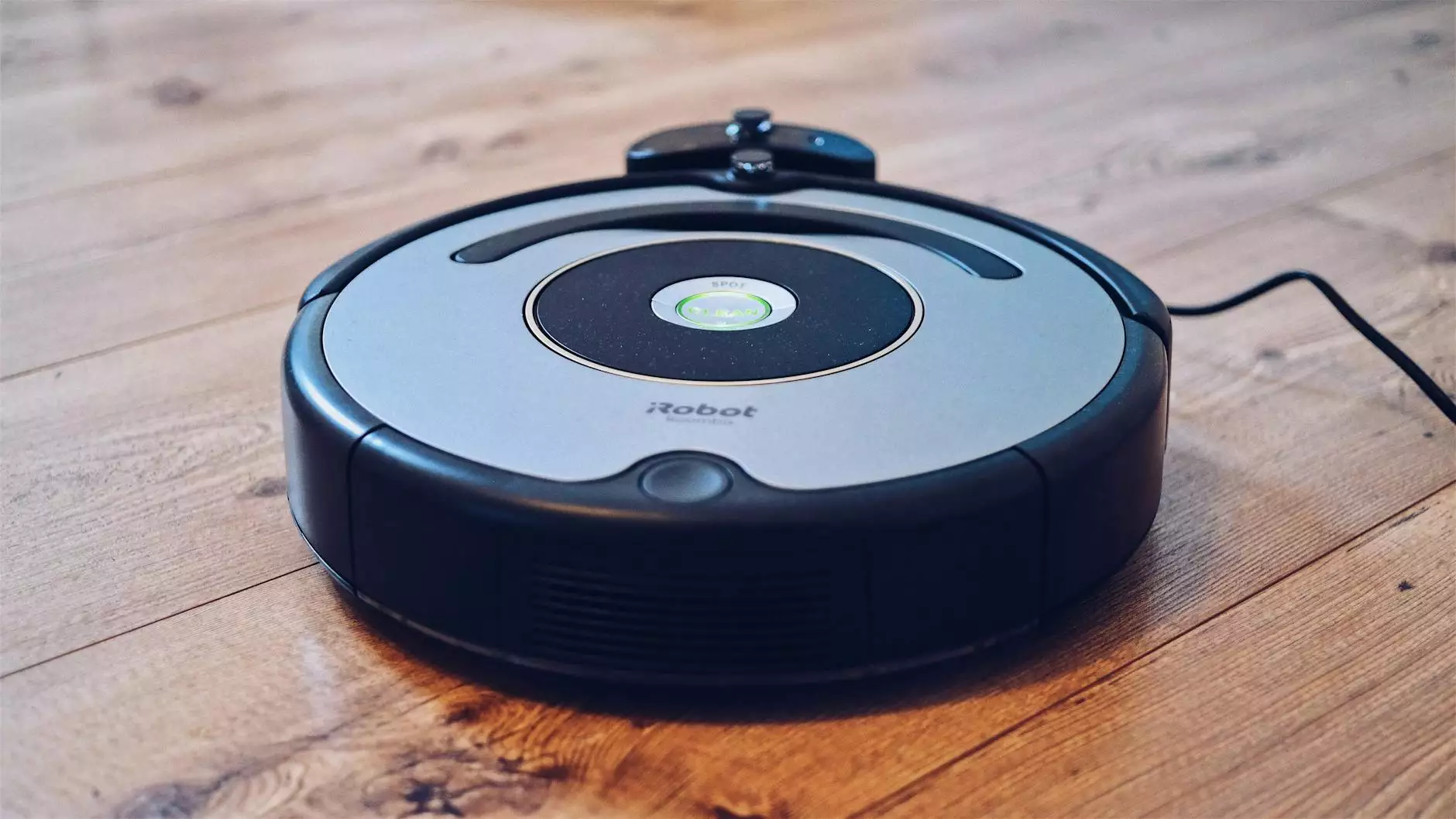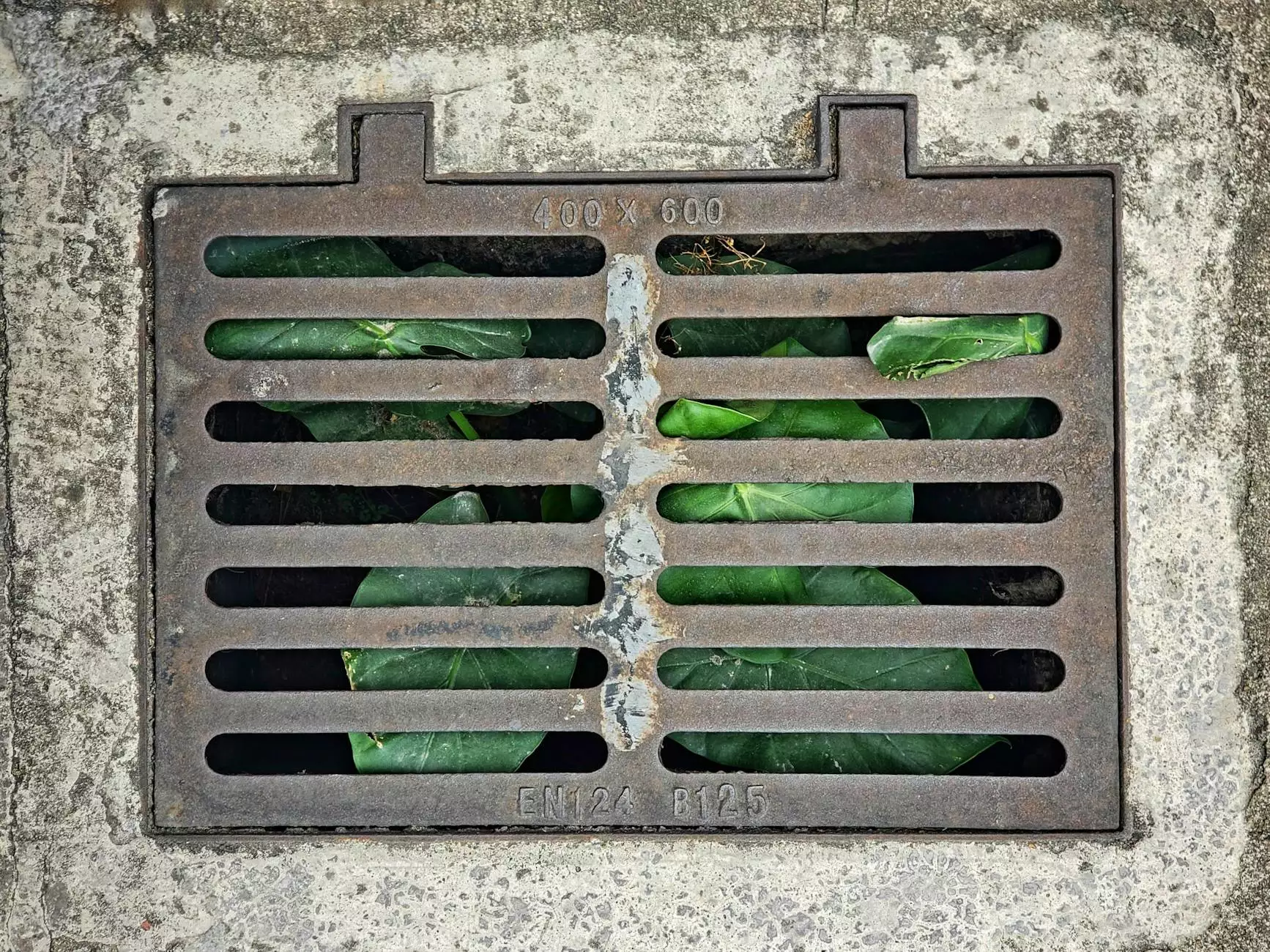Unveiling the World of Industrial Vacuum Manufacturing

In today’s fast-paced industrial environment, maintaining cleanliness and efficiency is paramount. Industrial vacuum manufacturers play a crucial role in providing tailored solutions that meet the unique demands of various sectors. From construction sites to manufacturing floors, the need for effective dust collection and debris management is essential. This article delves into the significance of industrial vacuum manufacturers and the innovations they bring to the industry.
The Importance of Industrial Vacuum Systems
Industrial vacuum systems are engineered to handle materials that are too hazardous, heavy, or extensive for standard vacuum cleaners. Their uses span across multiple industries, including:
- Manufacturing - To keep production areas clean and safe.
- Construction - For removing hazardous dust and debris.
- Food Processing - To ensure hygienic standards are met.
- Pharmaceuticals - For compliance with strict cleanliness regulations.
- Automotive - To manage the substantial waste generated during manufacturing.
How Industrial Vacuum Manufacturers Enhance Productivity
Industrial vacuum systems are not merely cleaning machines; they are vital for enhancing productivity across various settings. Here’s how:
Efficiency in Cleanup
Industrial vacuums are designed to operate continuously, allowing businesses to maintain a safe and clean workspace without interrupting operations. By reducing downtime for cleanup, companies can focus more on productivity and output.
Improved Air Quality
Dust and debris can severely affect air quality, leading to health issues for employees. By utilizing advanced filtration systems, industrial vacuum manufacturers provide solutions that trap harmful particles, contributing to a healthier work environment.
Compliance with Safety Regulations
Meeting safety standards is critical in many industries. Industrial vacuums help businesses comply with Occupational Safety and Health Administration (OSHA) regulations by minimizing workplace hazards. This not only protects employees but also reduces liability risks for businesses.
Types of Industrial Vacuum Systems
Understanding the different types of industrial vacuum systems available is essential for selecting the right equipment for specific use cases. The primary types include:
Centralized Vacuum Systems
Centralized vacuum systems are permanently installed and connected to a network of pipes. These systems are effective for large areas and multiple pickup points, making them ideal for extensive manufacturing facilities.
Portable Vacuum Systems
Portable vacuum systems are versatile and can be moved easily from one task to another. They are commonly used on construction sites and smaller manufacturing spaces where flexibility is needed.
Wet/Dry Vacuum Systems
Wet/dry vacuums are capable of handling both liquid spills and solid debris. These systems are especially useful in industries where fluid management is critical, such as food processing or automotive manufacturing.
Explosion-Proof Vacuum Systems
Explosion-proof vacuums are designed for environments with flammable materials. They are built with specialized components to prevent fires and explosions, ensuring safety in high-risk settings.
Technology and Innovations in Industrial Vacuum Manufacturing
The field of industrial vacuum manufacturing has seen remarkable technological advancements aimed at improving efficiency and effectiveness. Here are some innovations that are shaping the future of industrial vacuums:
Smart Vacuum Technology
With the advent of the Internet of Things (IoT), smart industrial vacuums are now equipped with sensors that monitor performance and send data to operators. This proactive approach enables timely maintenance and maximizes operational efficiency.
Energy Efficiency
Modern industrial vacuums are designed to consume less energy while maintaining powerful suction capabilities. This not only reduces operational costs but also aligns with global sustainability goals.
Advanced Filtration Systems
High-efficiency particulate air (HEPA) filters and other advanced filtration technologies ensure that industrial vacuums can capture even the smallest particles. This is critical in industries that require stringent air quality standards.
Choosing the Right Industrial Vacuum Manufacturer
Selecting the right industrial vacuum manufacturer is crucial for ensuring you receive high-quality products suited to your operational needs. Here are some factors to consider:
Experience and Reputation
Look for manufacturers with a proven track record in the industry. A reputable industrial vacuum manufacturer will have case studies and testimonials demonstrating their expertise and reliability.
Product Range
Consider the variety of products available. A wide range indicates that the manufacturer understands diverse needs and can provide tailored solutions.
Quality Assurance
Ensure that the manufacturer adheres to stringent quality control processes and industry standards. Certifications such as ISO can be indicators of product quality.
Customer Support
Choose a manufacturer that offers excellent customer support, including technical assistance, maintenance services, and training for staff on proper usage and safety protocols.
Case Studies of Successful Implementations
Real-world applications of industrial vacuum systems can illustrate their impact on productivity and cleanliness. Here are a couple of notable case studies:
Case Study 1: Automotive Assembly Plant
At a leading automotive assembly plant, the introduction of a centralized vacuum system significantly reduced production downtime. The facility reported a 30% increase in productivity, primarily due to decreased cleanup times and improved air quality, which led to fewer worker absences.
Case Study 2: Food Processing Facility
A food processing facility implemented portable vacuum systems across its operations. This enhanced sanitation practices and allowed for quick spill response, leading to improved compliance with food safety regulations and a notable increase in operational efficiency.
The Future of Industrial Vacuum Manufacturing
The future of industrial vacuum manufacturers looks bright, with ongoing innovations and a growing commitment to sustainability. As industries evolve and adapt to new challenges, manufacturers will continue to develop solutions that meet these demands.
Emerging trends, such as automation and enhanced connectivity, will shape the design and functionality of industrial vacuums. By harnessing these advancements, manufacturers can provide effective solutions that not only clean but also improve overall operational efficiency.
Conclusion
Industrial vacuum manufacturers are at the forefront of keeping workplaces clean, safe, and efficient. Their products are essential across various industries, enabling better air quality, compliance with regulations, and increased productivity. As technology continues to advance, the capabilities of industrial vacuums will expand, offering even greater benefits to businesses worldwide.
For organizations looking to invest in industrial vacuum solutions, it is crucial to partner with a reliable manufacturer who understands the specific needs of your industry. By doing so, you can ensure that your operations run smoothly and meet the highest cleanliness standards.



